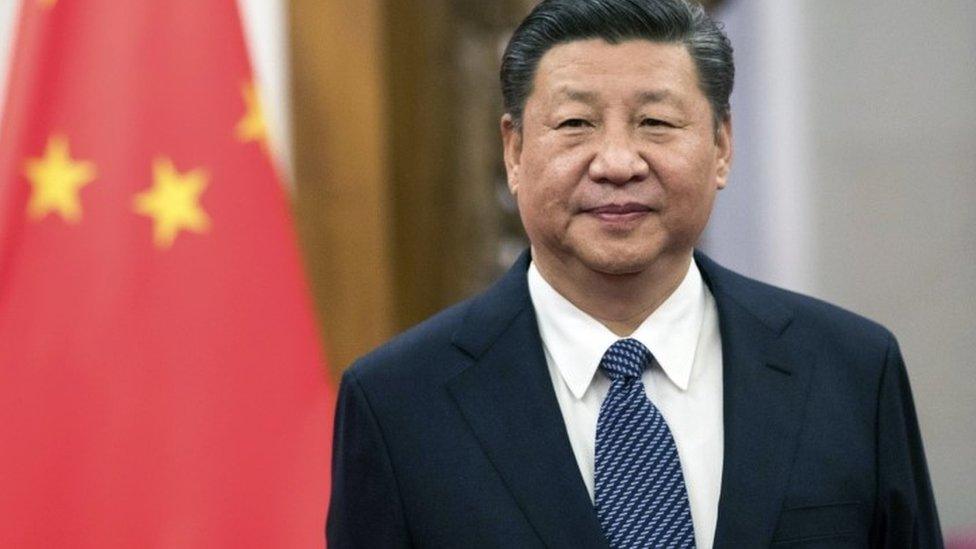- Courses
- GS Full Course 1 Year
- GS Full Course 2 Year
- GS Full Course 3 Year
- GS Full Course Till Selection
- Answer Alpha: Mains 2025 Mentorship
- MEP (Mains Enrichment Programme) Data, Facts
- Essay Target – 150+ Marks
- Online Program
- GS Recorded Course
- Polity
- Geography
- Economy
- Ancient, Medieval and Art & Culture AMAC
- Modern India, Post Independence & World History
- Environment
- Governance
- Science & Technology
- International Relations and Internal Security
- Disaster Management
- Ethics
- NCERT Current Affairs
- Indian Society and Social Issue
- NCERT- Science and Technology
- NCERT - Geography
- NCERT - Ancient History
- NCERT- World History
- NCERT Modern History
- CSAT
- 5 LAYERED ARJUNA Mentorship
- Public Administration Optional
- ABOUT US
- OUR TOPPERS
- TEST SERIES
- FREE STUDY MATERIAL
- VIDEOS
- CONTACT US
OBC Concerns in the Women's Reservation Bill, 2023
OBC Concerns in the Women's Reservation Bill, 2023
Latest Context:
Recently, Women's Reservation Bill for 2023 has attracted attention due to its omission of a quota for Other Backward Classes (OBC) women. Critics point to the underrepresentation of OBC individuals in key governmental positions as a related concern.
Concerns about the Representation of Other Backward Classes
- Background:
- The Women's Reservation Bill of 2023 reserves 33% of seats for women in the Lok Sabha and state assemblies but does not specify a quota for women from the OBCs.
- Unlike Scheduled Castes (SCs) and Scheduled Tribes (STs), the Constitution does not provide political reservation for OBCs in these legislative bodies.
- Issues Raised:
- Critics highlight that OBCs, constituting 41% of the population according to the National Sample Survey Organisation Survey of 2006, are underrepresented in the Lok Sabha, State Legislatures, and Local governments.
- They have been demanding a separate quota, similar to SCs and STs, in the Lok Sabha and state assemblies, but the government has not implemented it due to legal and constitutional challenges.
- While some State Governments like Uttar Pradesh and Maharashtra have provided OBC representation in Local Body elections, the Supreme Court imposed a 50% cap on overall reservations, limiting OBC reservations to 27%. This cap is in line with the Indira Sawhney vs. Union of India judgment.
- Critics argue that a 27% reservation is disproportionate to the OBC population in the states.
- Current OBC Representation in Lok Sabha: The 17th Lok Sabha has around 120 MPs from the OBC community, accounting for approximately 22% of the total Lok Sabha seats.
- Geeta Mukherjee Report:
The Geeta Mukherjee report was a comprehensive review of the Women’s Reservation Bill first introduced in Parliament in 1996. The report made seven recommendations to improve the bill, aiming to provide 33% reservation for women in the Lok Sabha and state assemblies.
Some of the recommendations include:
- Reserving seats for 15 years.
- Including sub-reservation for Anglo-Indians (Mixed British-Indian Community).
- Providing reservation in states with fewer than three Lok Sabha seats.
- Reserving seats in Rajya Sabha and Legislative Councils.
- Offering sub-reservation for OBC women after extending reservation to OBCs under the Constitution.
Why Should We Reserve Seats for OBC Women?
- OBC women face discrimination based on their caste, class, and gender.
- They constitute a diverse section of the population with unique needs.
- They are historically underrepresented and marginalized.
Why should we not reserve seats for OBC women?
- SC/ST women already have reservations.
- Separate OBC reservation may create division.
- It may not address root causes of their issues.
- It may not guarantee effective political participation.
Historical Development of OBC Reservation in India:
- Kalelkar Commission (1953): Recognized backward classes beyond SCs and STs.
- Mandal Commission (1980): Estimated OBC population at 52% and recommended increasing quotas.
- Central government implemented the reservation policy in union civil posts and services and central educational institutions.
- "Creamy Layer" Exclusion (2008): Ensured reservation benefits reach the most disadvantaged. (Creamy Layer means Reserved income category)
- Constitutional Status for NCBC (2018): Granted constitutional status to the National Commission for Backward Classes (NCBC).
- Justice G. Rohini Commission: Sub-categorization among OBCs to enhance opportunities for underrepresented OBC communities.
Question: What is the main concern regarding the Women's Reservation Bill, 2023, in relation to OBC women?
A) It provides reservations only for SC and ST women.
B) OBC women face discrimination based on caste, class, and gender.
C) OBCs are overrepresented in key governmental positions.
D) OBC women are adequately represented in the Lok Sabha and state assemblies.
Correct Answer: A) It provides reservations only for SC and ST women.
Explanation: The Women's Reservation Bill, 2023, does not specify a quota for OBC women, unlike SC and ST women, who have reservations in legislative bodies. This omission is the main concern highlighted in the passage.



